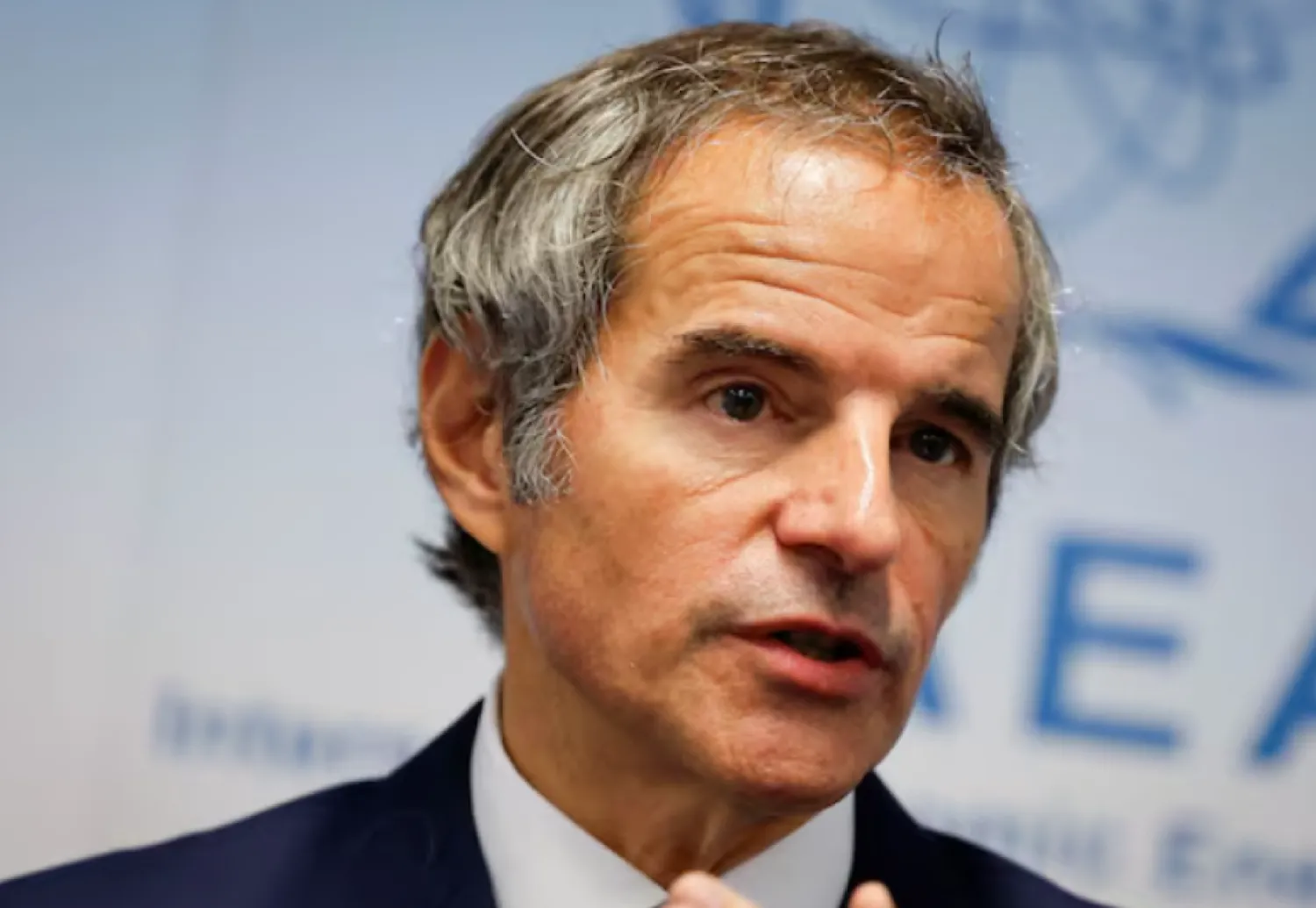The head of the UN nuclear watchdog visited two Iranian nuclear sites on Friday as part of a visit to Iran, ahead of an expected European diplomatic push over Tehran's atomic activities before Donald Trump's return to the White House.
During the visit, Iran's foreign minister told International Atomic Energy Agency chief Rafael Grossi that Tehran is willing to resolve outstanding disputes over its nuclear program but won't succumb to pressure, Reuters reported.
Grossi visited the Natanz nuclear plant and the Fordow enrichment site, which is dug into a mountain around 100 km (60 miles) south of the capital Tehran, state media reported, without giving details.
Relations between Tehran and the IAEA have soured over several long-standing issues including Iran barring the agency's uranium-enrichment experts from the country and its failure to explain uranium traces found at undeclared sites.
"The ball is in the EU/E3 court," Foreign Minister Abbas Araqchi wrote on X following talks in Tehran with Grossi on Thursday, referring to three European countries - France, Britain and Germany - which represent the West alongside the United States at nuclear talks.
"Willing to negotiate based on our national interest and inalienable rights, but not ready to negotiate under pressure and intimidation," Araqchi said.
Trump's return to office as US president in January upends nuclear diplomacy with Iran, which had stalled under the outgoing administration of Joe Biden after months of indirect talks.
During Trump's previous tenure, Washington ditched a 2015 nuclear deal between Iran and six world powers that curbed Tehran's nuclear work in exchange for relief from international sanctions.
Trump has not fully spelled out whether he will continue his "maximum pressure" policy on Iran when he takes office. The US withdrawal from the nuclear pact in 2018 and the reimposition of sanctions prompted Tehran to violate limitations on its uranium enrichment - seen by the West as a disguised effort to develop nuclear weapons capability.
Tehran is now enriching uranium to up to 60% fissile purity, close to the roughly 90% required for an atom bomb. Tehran says its nuclear work is purely for peaceful purposes.









